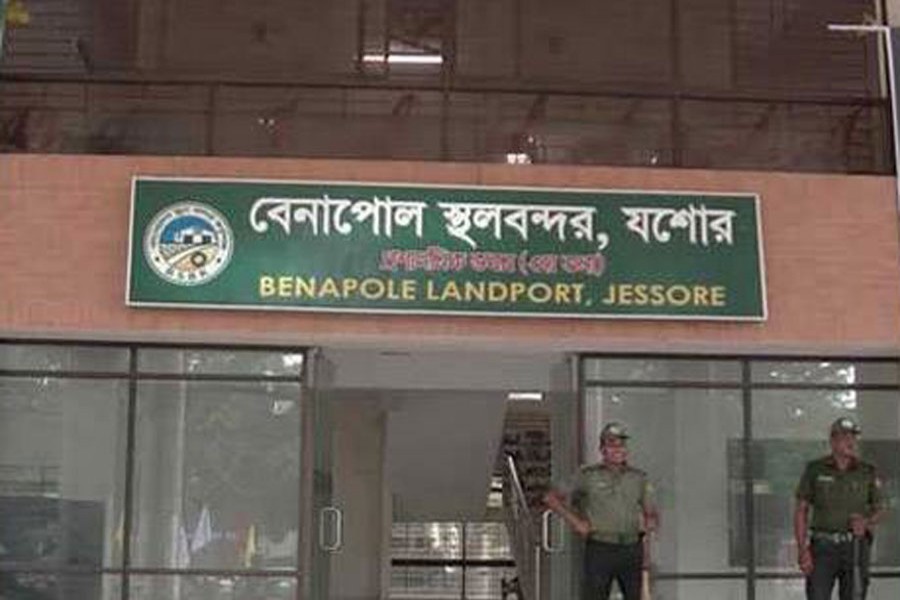The fact that 80 per cent of the country's land custom stations (LCSs) have virtually no business to do is least surprising. What, however, sounds bizarre is that pressure is still coming from powerful quarters to open a dozen more such stations at some border points. Out of 185 LCSs, only 32, according to customs data, have regular export-import business to handle and the rest remain almost idle throughout the year. That means that the latter do not earn any revenue for the government. Yet the relevant authorities have to pay salaries and give fringe benefits to officials and maintain other facilities at the LCSs. These stations are reportedly the 'products' of strong lobbying by some influential quarters.
Moreover, all land ports accommodating the LCSs do not have identical infrastructures and logistics to handle a variety of goods imported from neighbouring India. That is why each of the LCSs has to follow specific list of products prescribed by the National Board of Revenue (NBR). The Benapole land port is the largest one handling all types of goods barring cotton. This important land port has been facing problems for long in areas of warehouse facility and customs operations. Large quantities of goods are kept in the open at this land port, subjecting those to damage by natural calamities and pilferage. However, after long delays, the relevant authorities have embarked on the job of constructing at least eight warehouses. When completed, the problem relating to storage of export-import cargoes would be eased, to some extent.
The LCSs that do otherwise handle a considerable volume of trade-related businesses and are located at Sonamasjid, Hili, Banglabanndh, Burimari, Bhomra, Tamabil, Goborkhura/Koroitola land ports, do also have weak infrastructures and logistics. Businesses do very often complain about inefficiency of these LCSs. So, the priority task of the NBR should be to ensure all the facilities for smooth functioning of these relatively busy stations, rather than setting up new ones. The Board should also make an assessment of all the LCSs along the border areas and close down the idle ones. Naturally, it would face strong opposition from the vested quarters. But that needs to be ignored to save money wasted on inactive stations and divert the same for revamping the useful ones.
More importantly, the NBR must not give in to flimsy demand for opening a few more new LCSs unless it is certain about their operational potential. Allegations have that inactive ports are often used to smuggle goods and are, in one way or other, linked with illicit human trafficking, providing opportunities to culprits involved in such criminal activities to make their fortunes. So, it is necessary to exercise extreme caution while addressing the demand for opening any new LCS. The Board might reject a number of requests outright and, if it deems fit, could carry out feasibility studies in the case of a few others.
It is no secret that the government is unable to spend money on a good number of important projects for scarcity of resources. But there are stories galore about the wastage of money on unimportant and redundant projects and programmes. That is an area of weakness on the part of policymakers. Proper prioritisation of all types of public spending is sine qua non for strengthening economic governance, particularly in terms of quality. It is expected that the government would not overlook this important issue any further.


